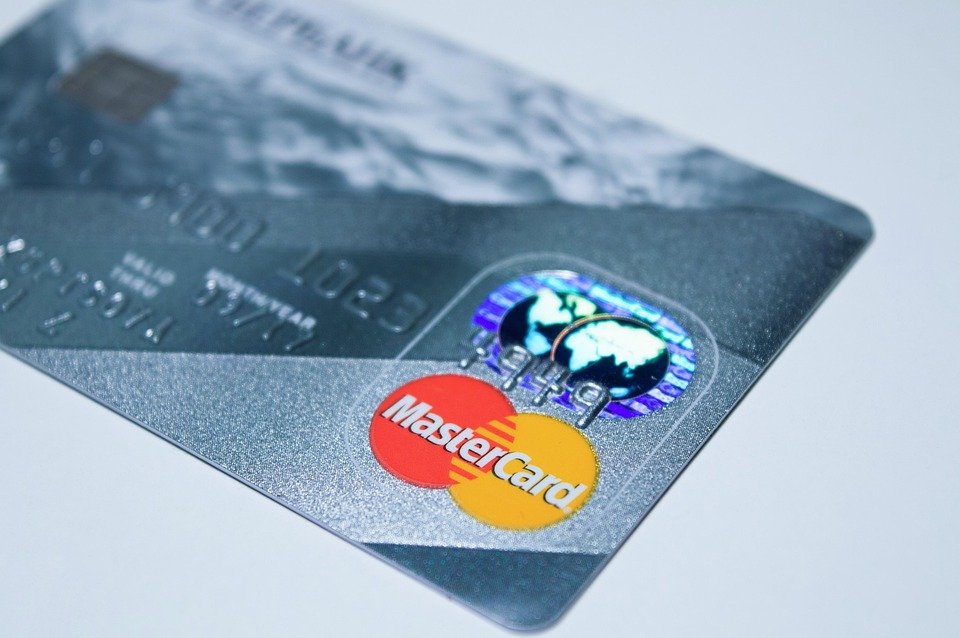Here’s an article about improving your credit score:
The Fast Track to a Better Credit Score: Tried and True Methods
A good credit score is essential for securing loans, credit cards, and even rental agreements. While building an excellent credit score takes time and discipline, implementing the right strategies can put you on a faster track toward a better score. Here are some tried and true methods to elevate your credit standing:
1. Pay Your Bills on Time, Every Time
Payment history accounts for 35% of your credit score, making it the most impactful factor. Late or missed payments can severely hurt your score. To improve or maintain a high score, ensure you pay at least the minimum amount on your credit cards and loans by the due date each month. Set reminders or automate payments to avoid forgetfulness.
2. Lower Credit Card Balance
Your credit utilization ratio – the amount of revolving credit you use compared to the total available to you – is the second most important factor in FICO scores. Aim to use less than 30% of your available credit limit. For instance, if you have a $1,000 limit, keep your balance below $300. Paying down debt and managing spending helps reduce your utilization rate.
3. Avoid New Credit Unless Absolutely Necessary
Applying for new credit causes a hard inquiry on your credit report, which can temporarily lower your score by 5-10 points. Inquiries remain on reports for two years. Only apply for new credit when necessary and shop around for the best rates within a short window to minimize hard pulls.
4. Keep Old Accounts Open
Closed credit accounts remain on your report for up to 10 years, but new accounts weigh heavier in the scoring model. The average age of accounts makes up 15% of your score, so keeping old cards open (as long as they don’t have annual fees) can improve this metric. Make small purchases occasionally to keep the accounts active.
5. Dispute Inaccuracies on Your Report
Errors on credit reports can drag down scores. Regularly check your credit reports from all three major bureaus – Equifax, Experian, and TransUnion – for mistakes. You’re entitled to one free report every 12 months from each agency via AnnualCreditReport.com. Disputing even minor errors can provide a quick boost to your score.
6. Consider Becoming an Authorized User
Being added as an authorized user on a credit card with a long, positive history can provide an instant credit score increase. The account activity reports to all bureaus and can improve your credit mix, which makes up 10% of your score. Always get permission from the primary cardholder first.
7. Consult a Credit Counselor
If you’re having trouble improving your score on your own, consider meeting with a credit counselor. Reputable nonprofit counselors can provide personalized advice, create a debt payoff plan based on your goals and budget, and even negotiate with creditors. Avoid companies that charge high upfront fees or claim they can erase valid debts from your report.
Building or improving your credit score takes time and concerted effort. While these methods offer a head start, they require long-term consistency to yield permanent results. Focus on making thoughtful financial decisions, managing debt responsibly, and monitoring your progress. With persistence and patience, you’ll reach a better credit score faster than you think.

